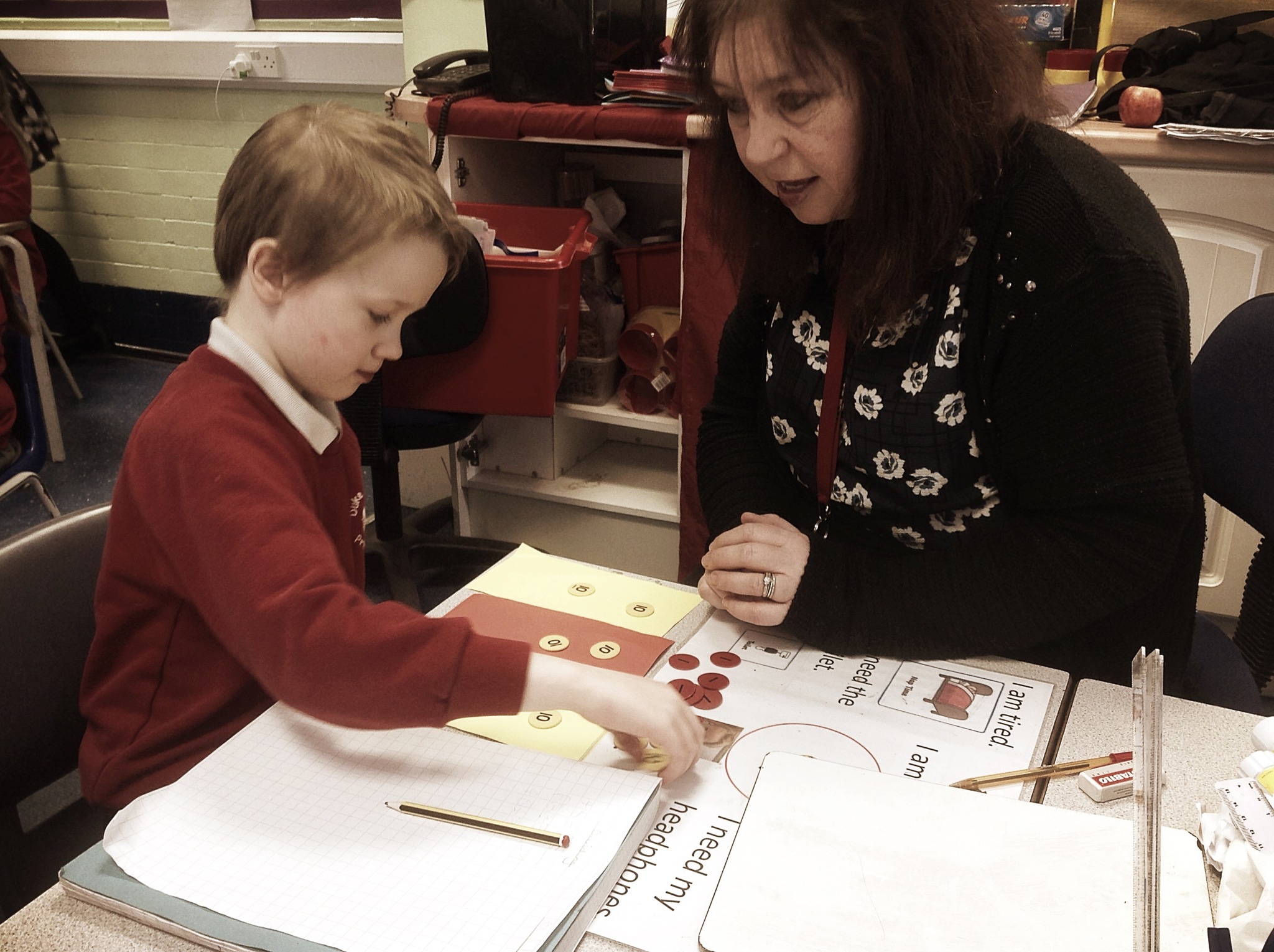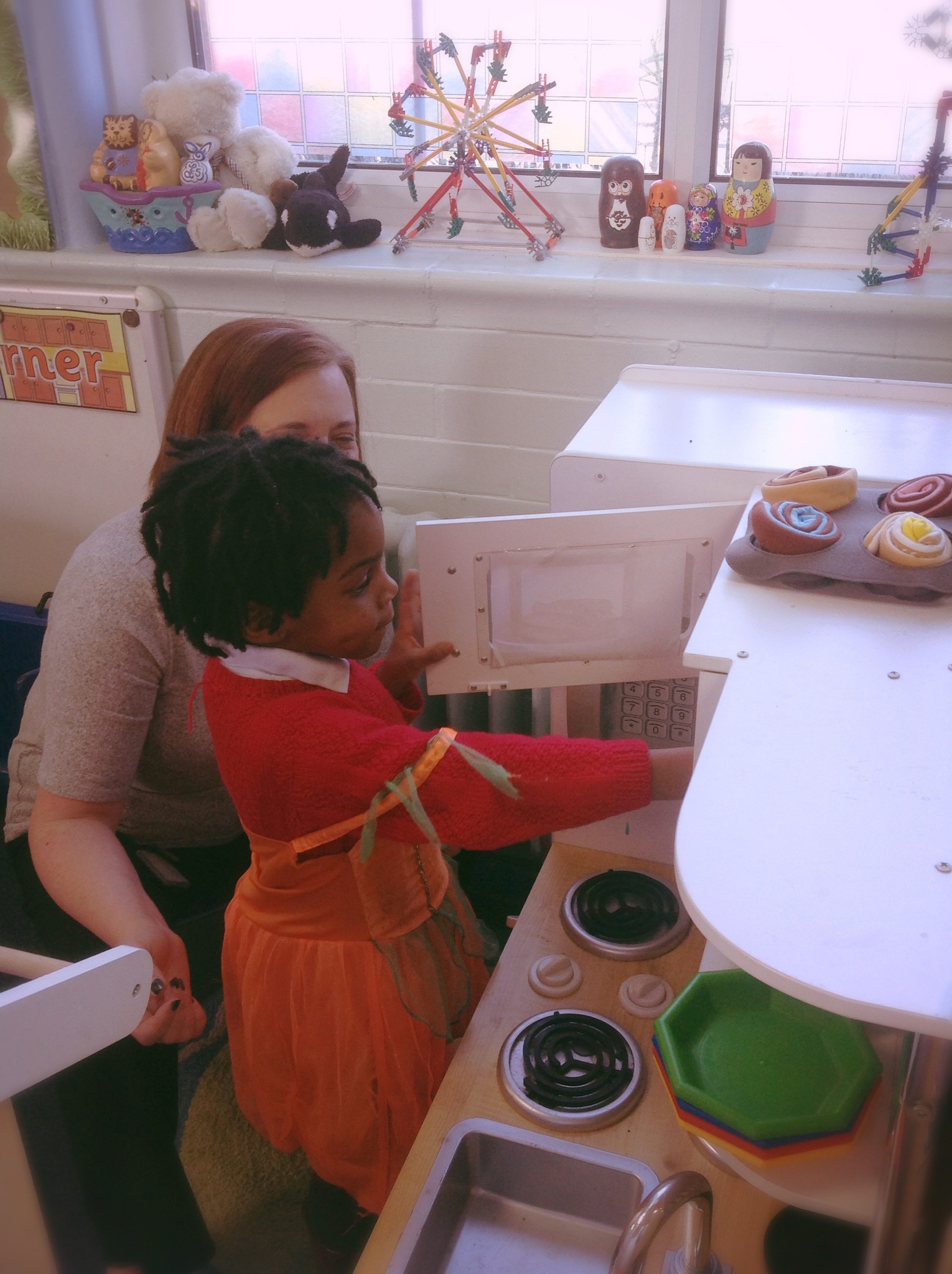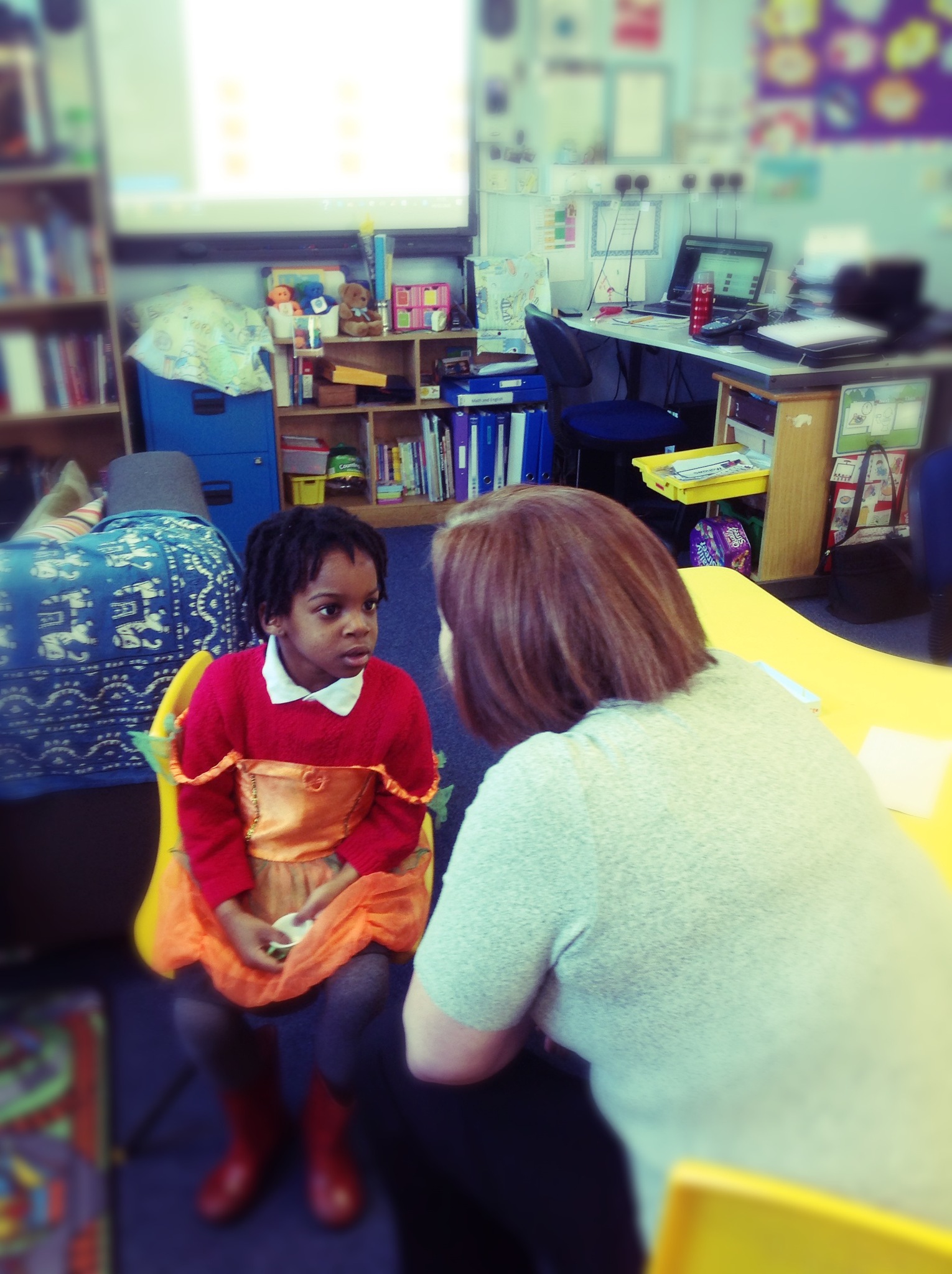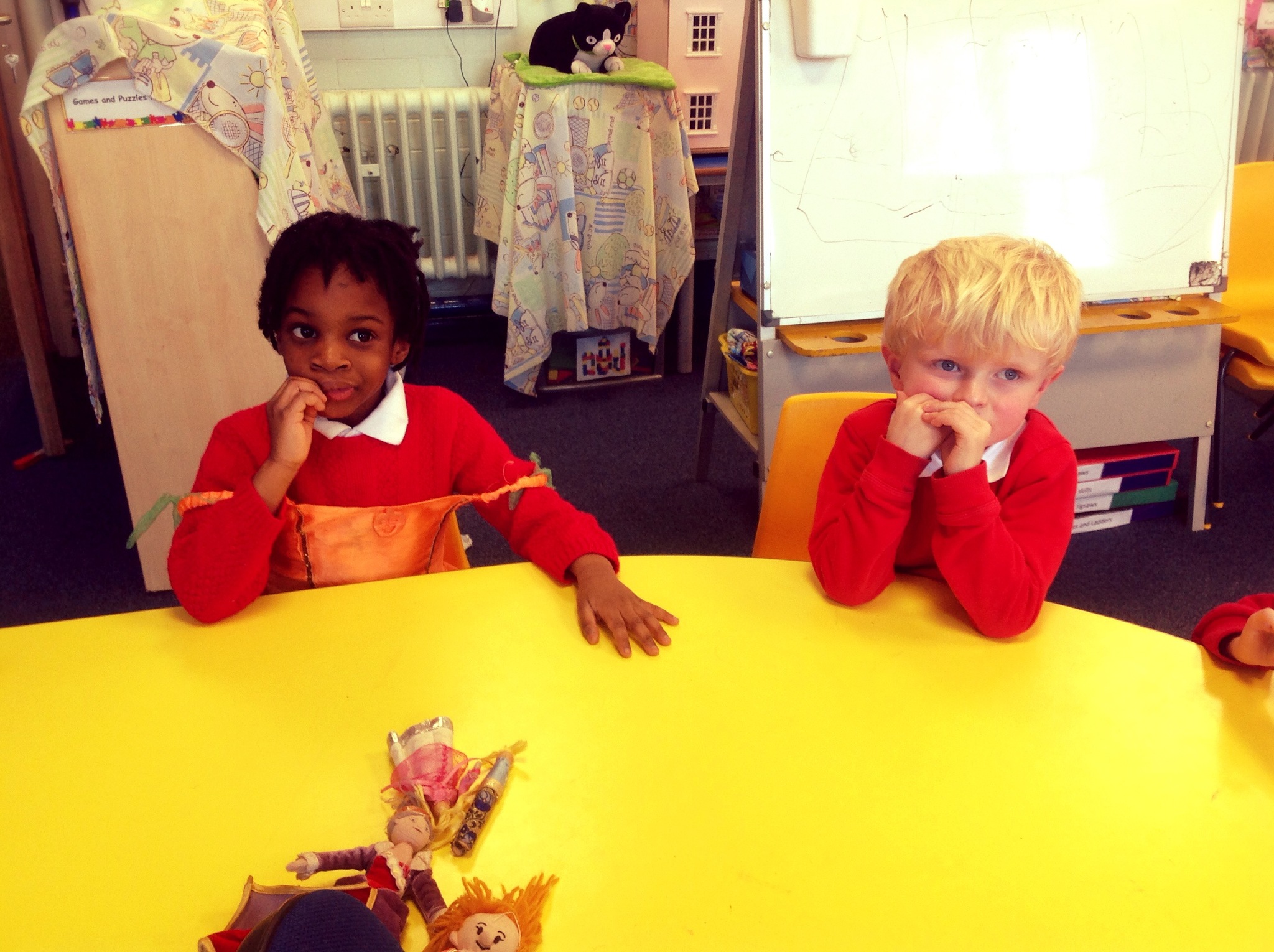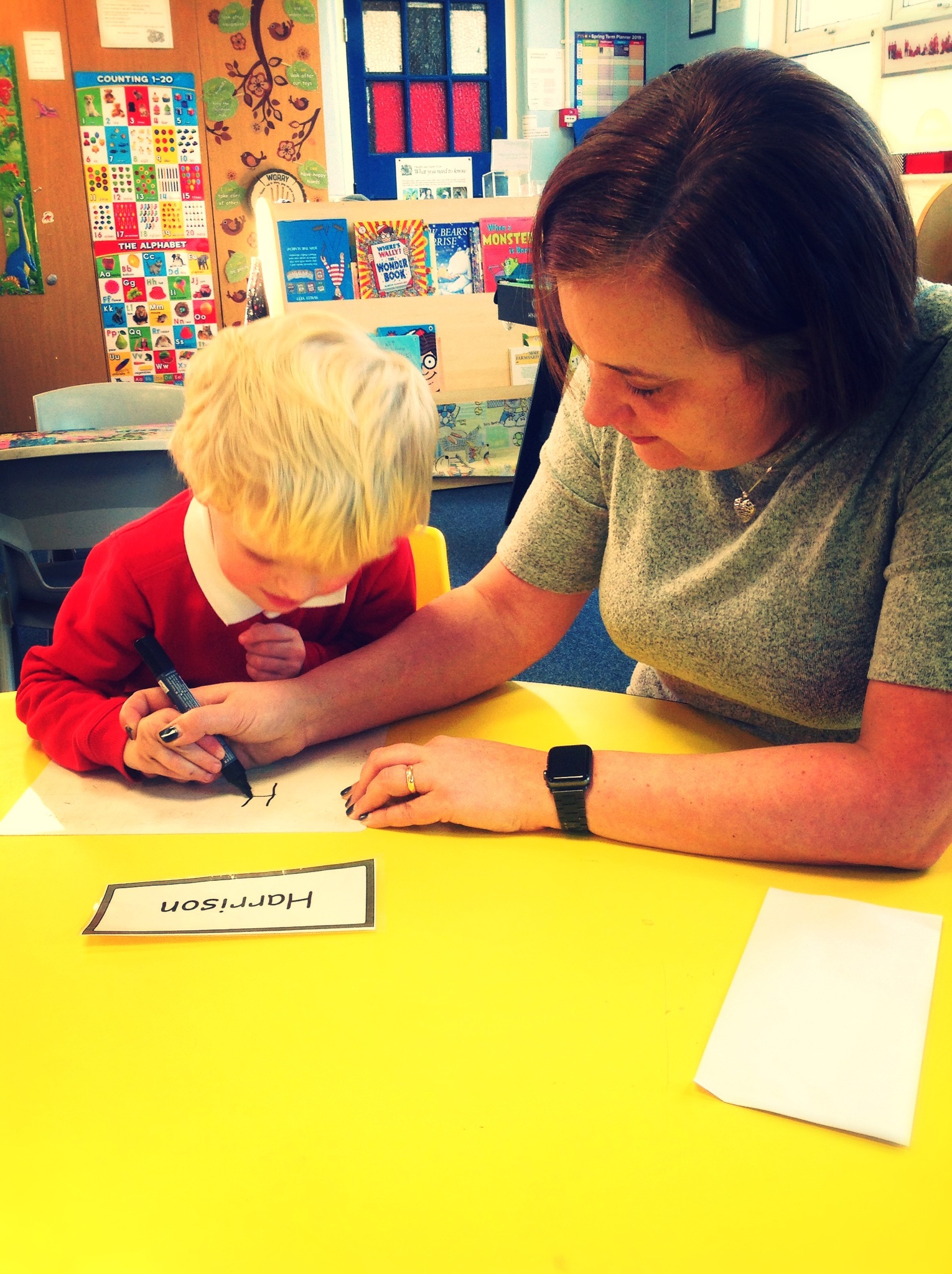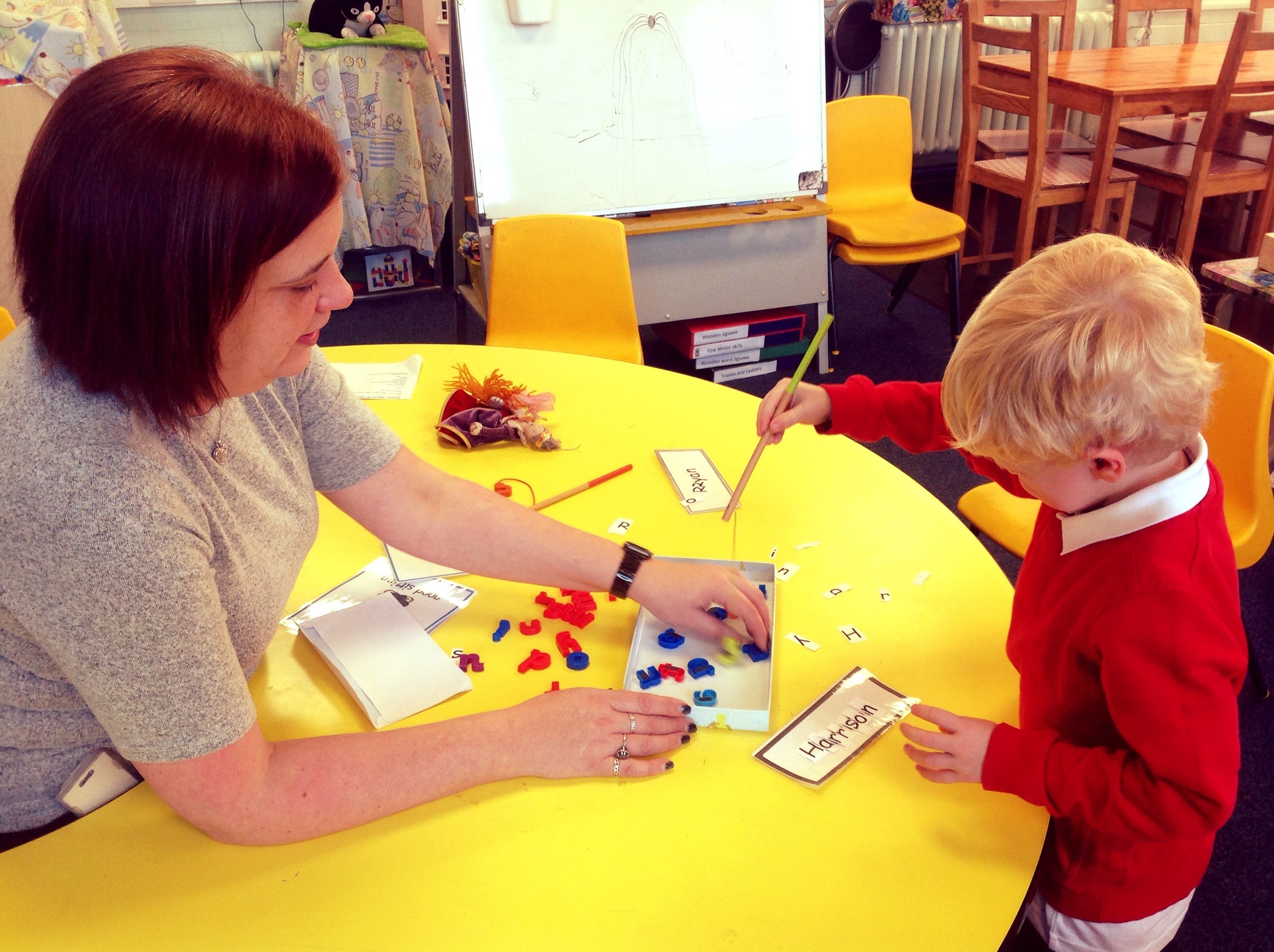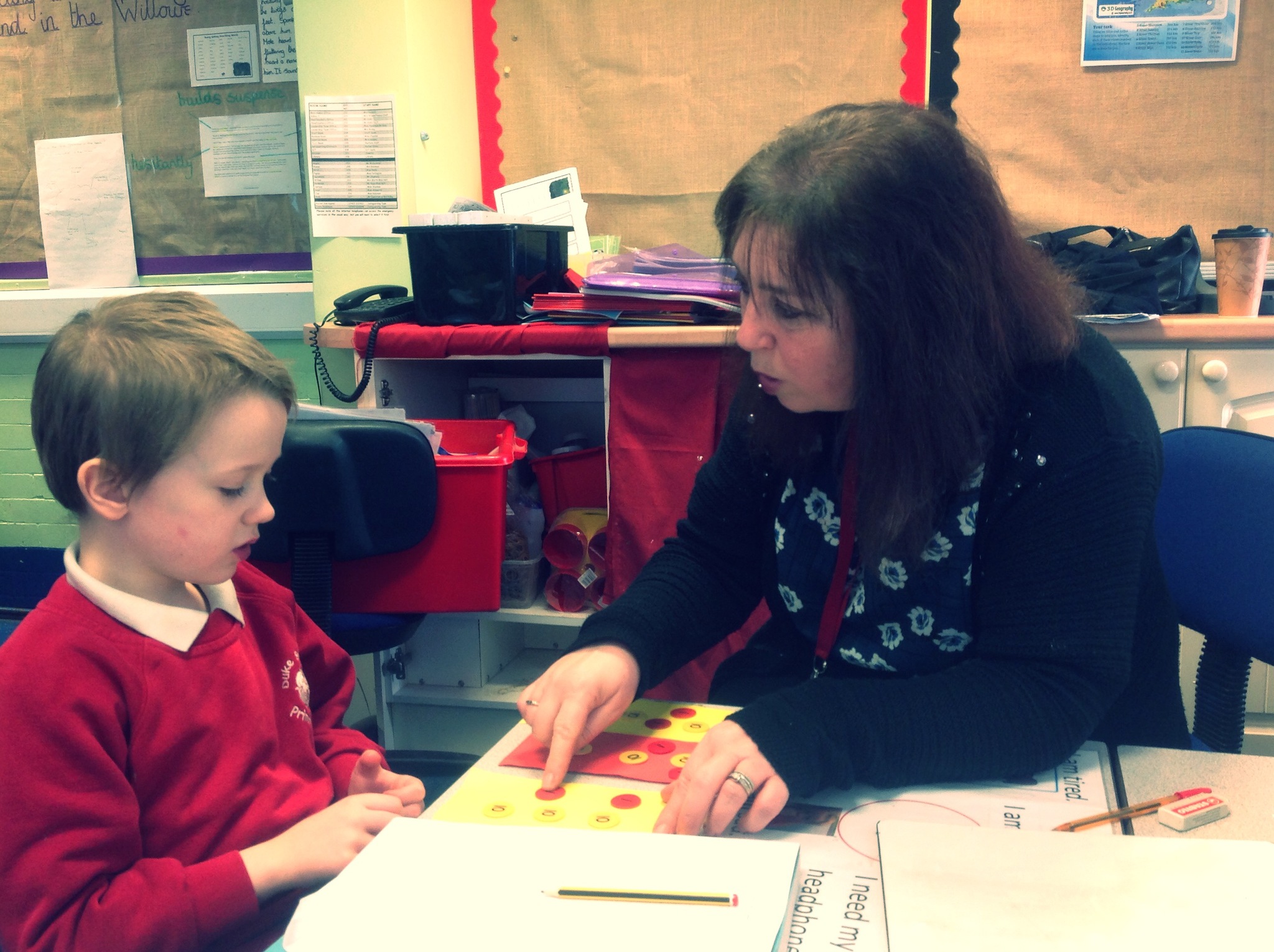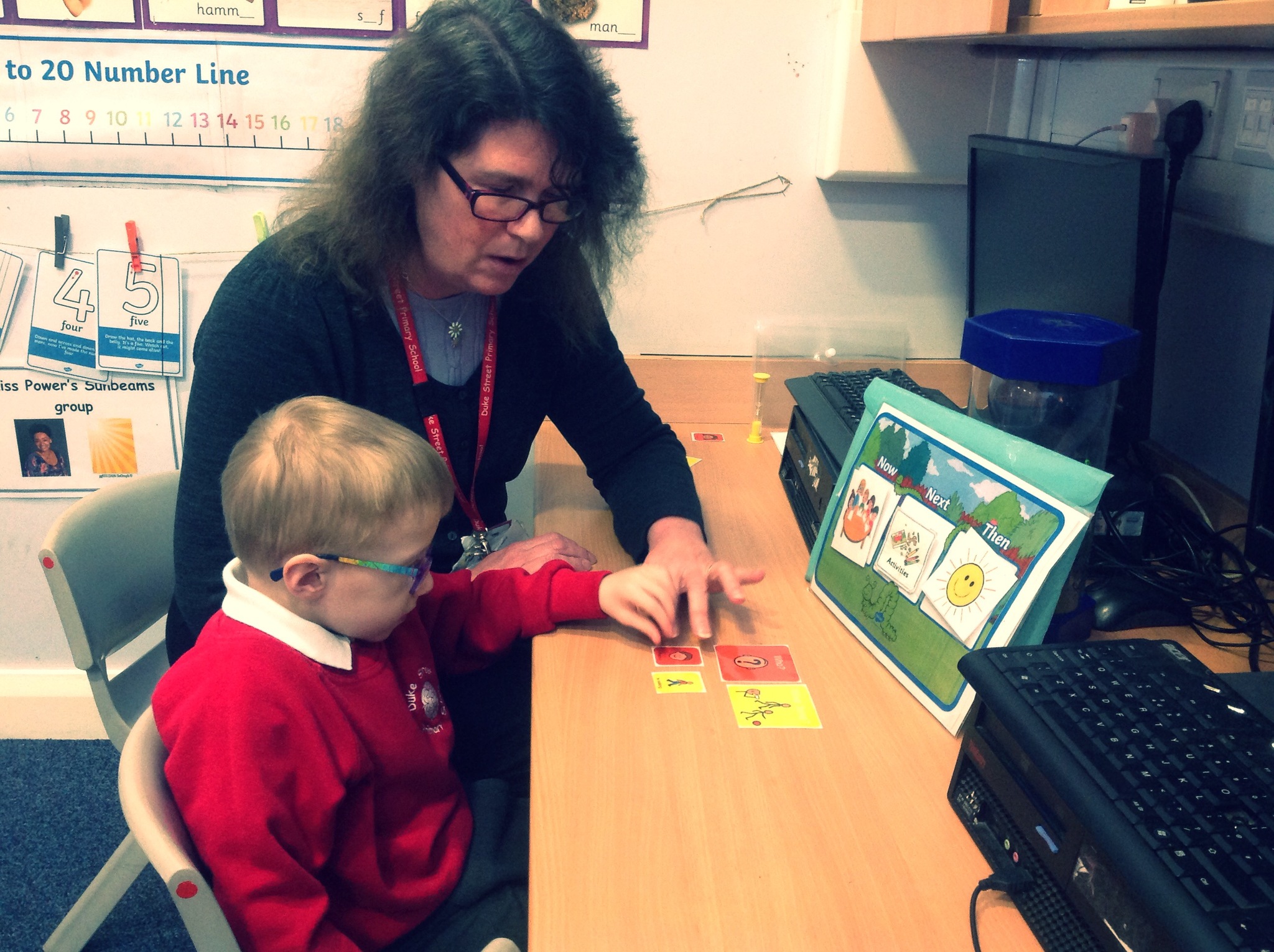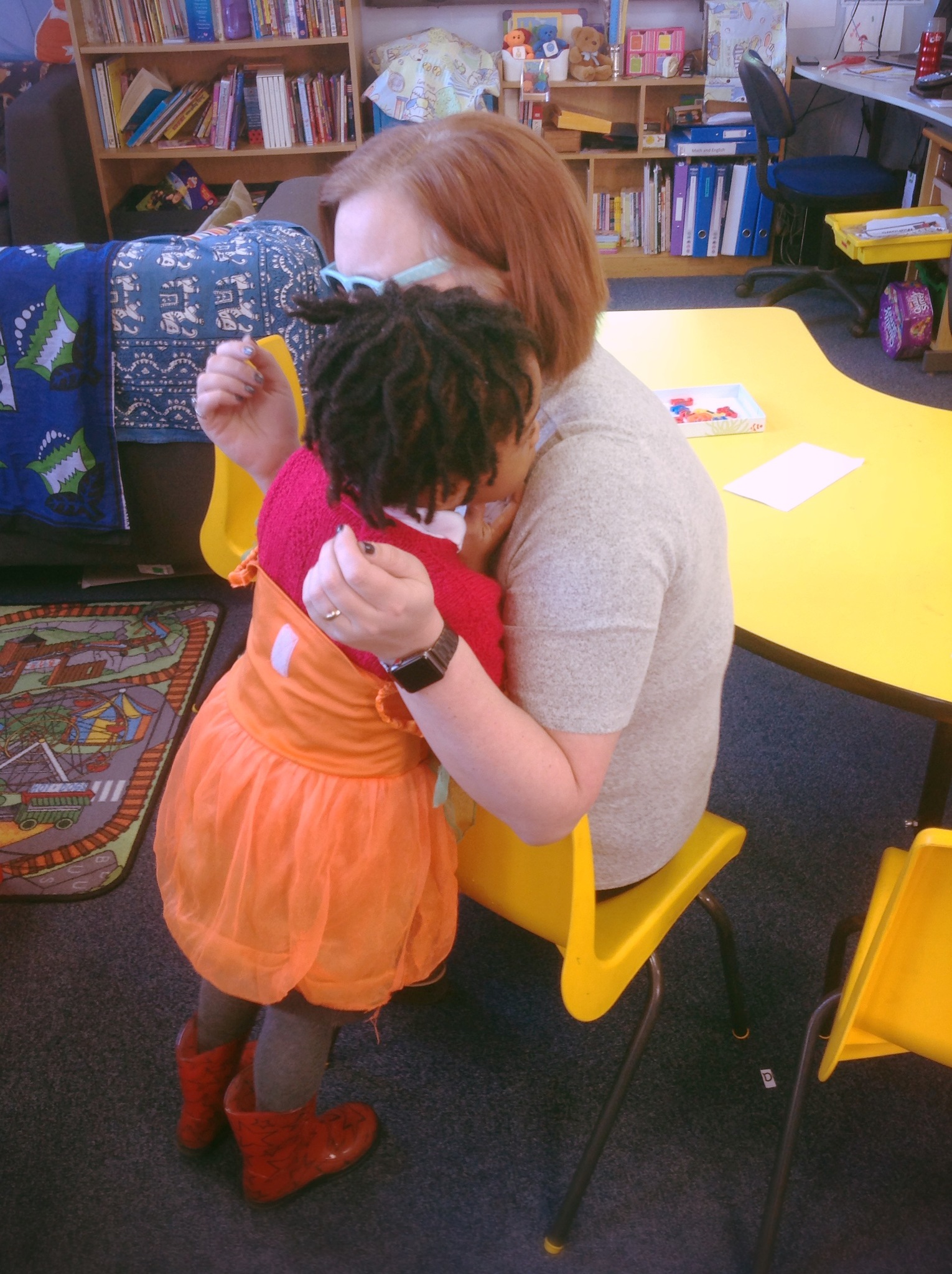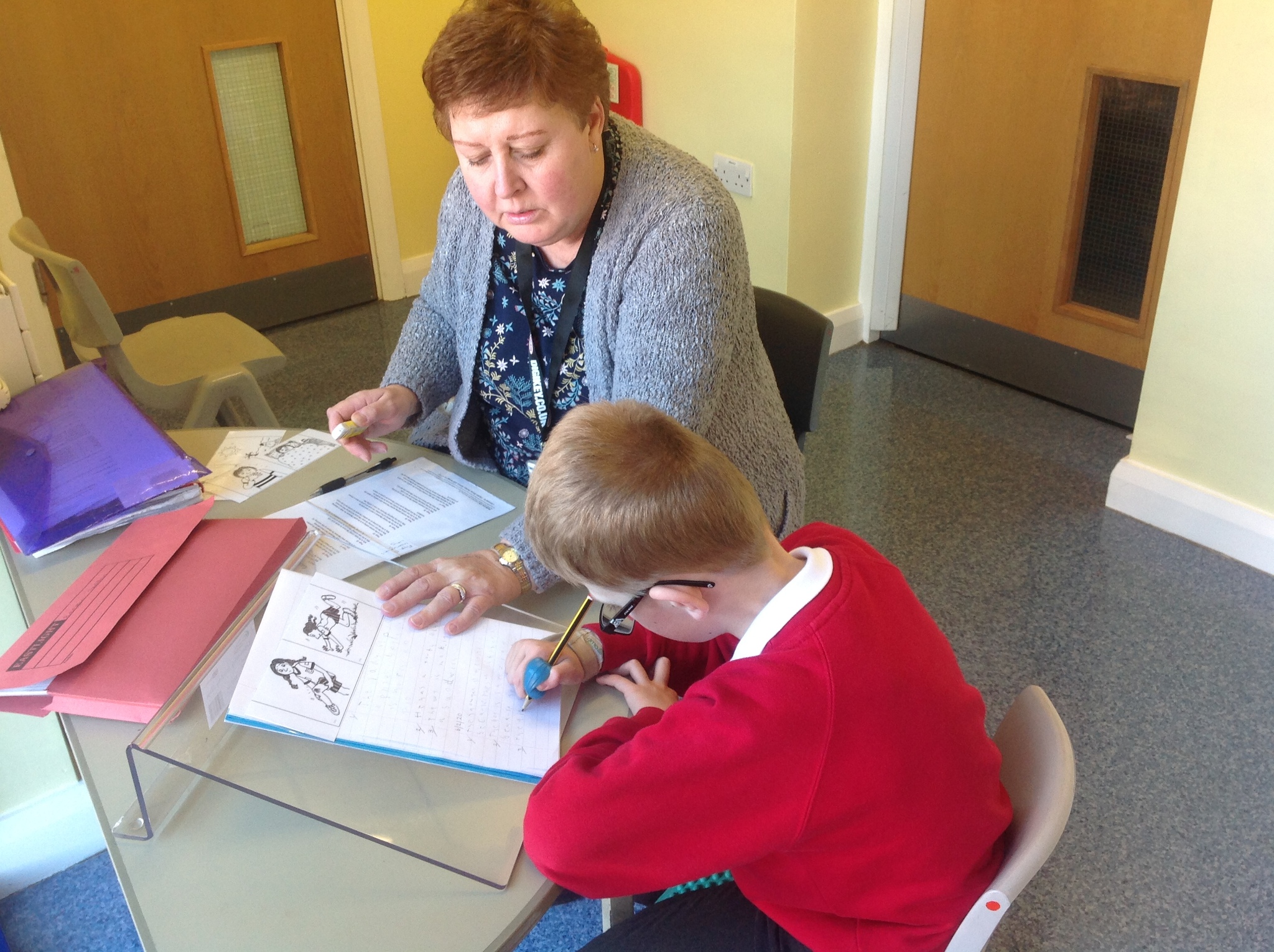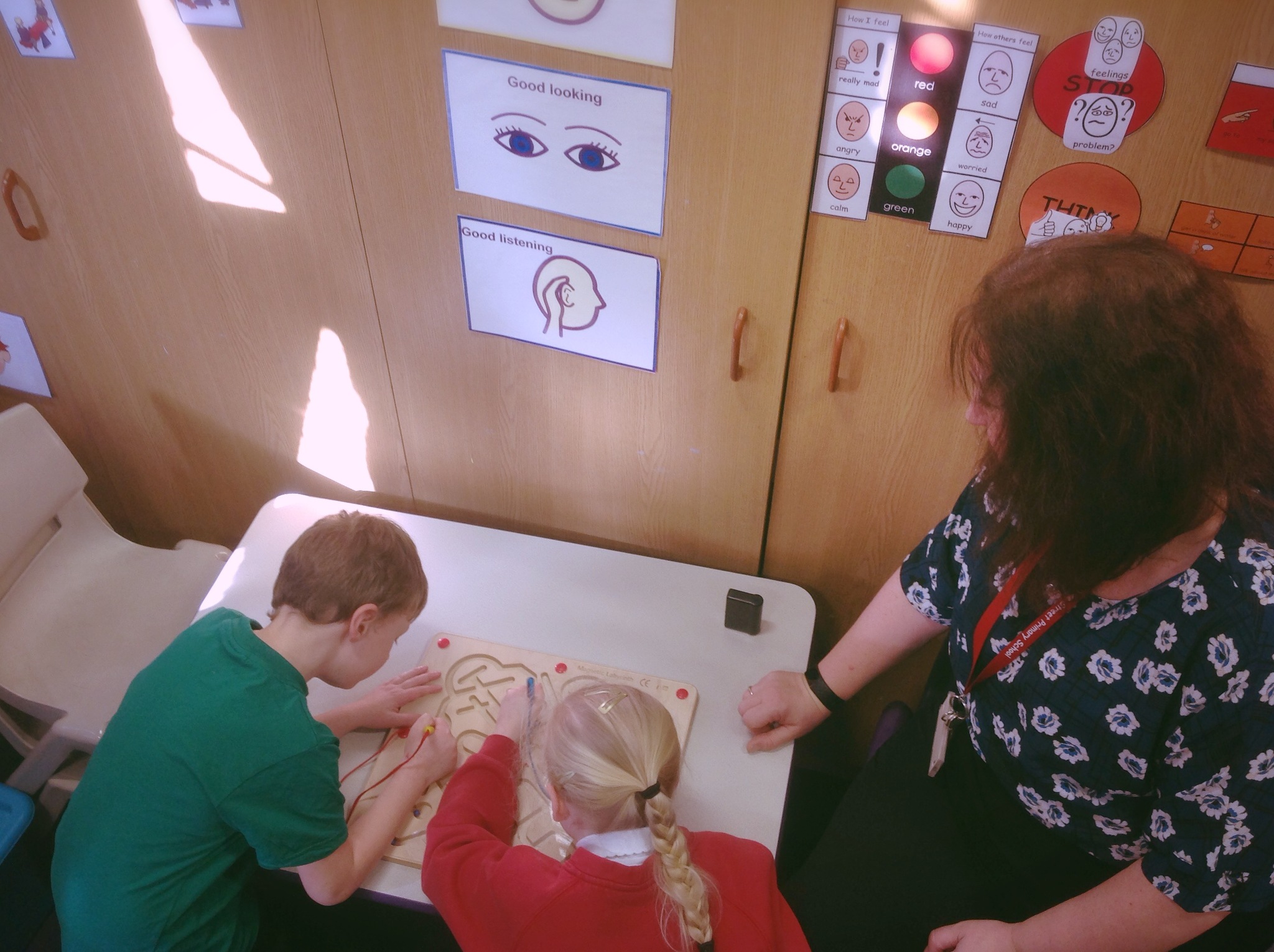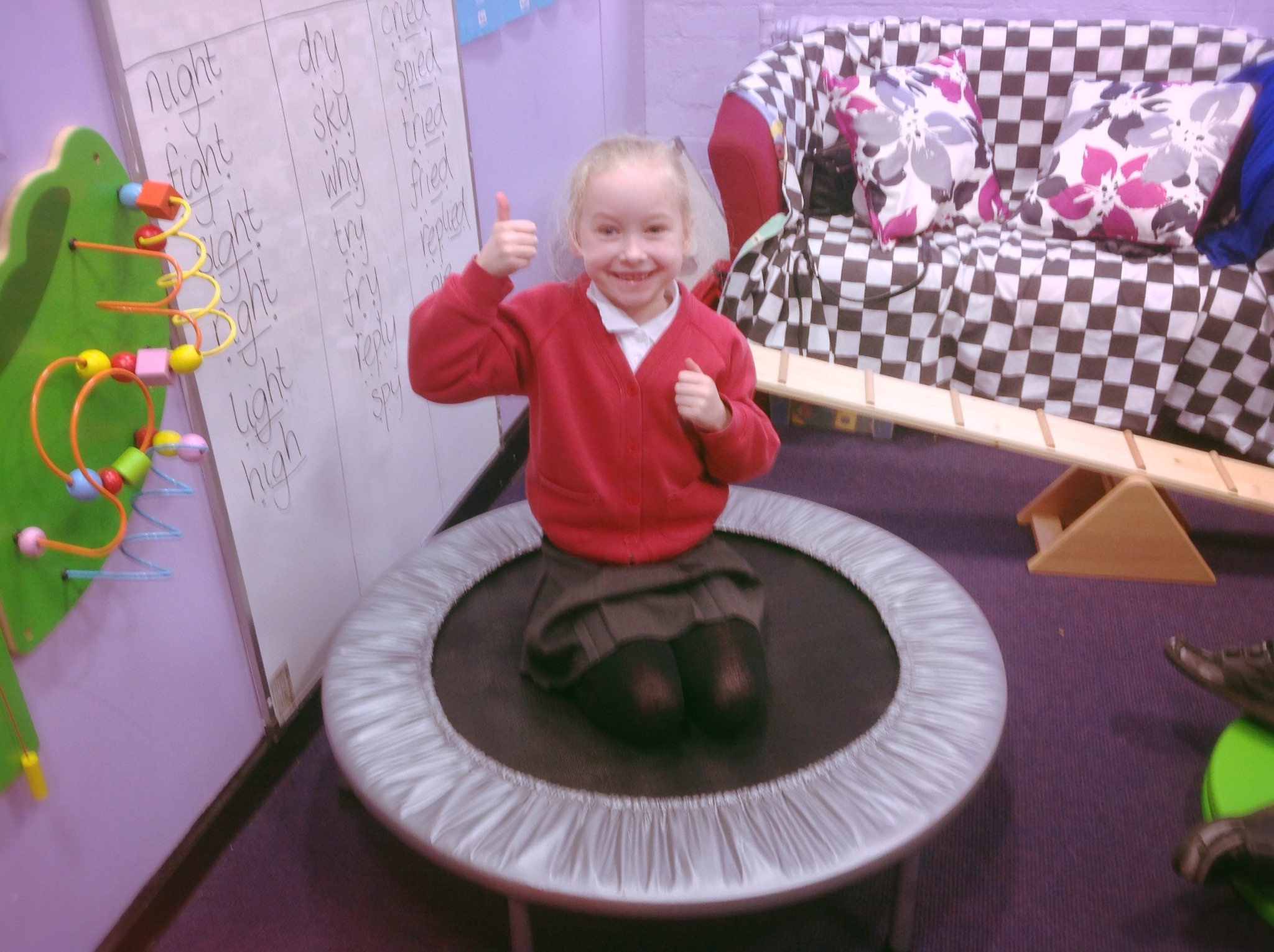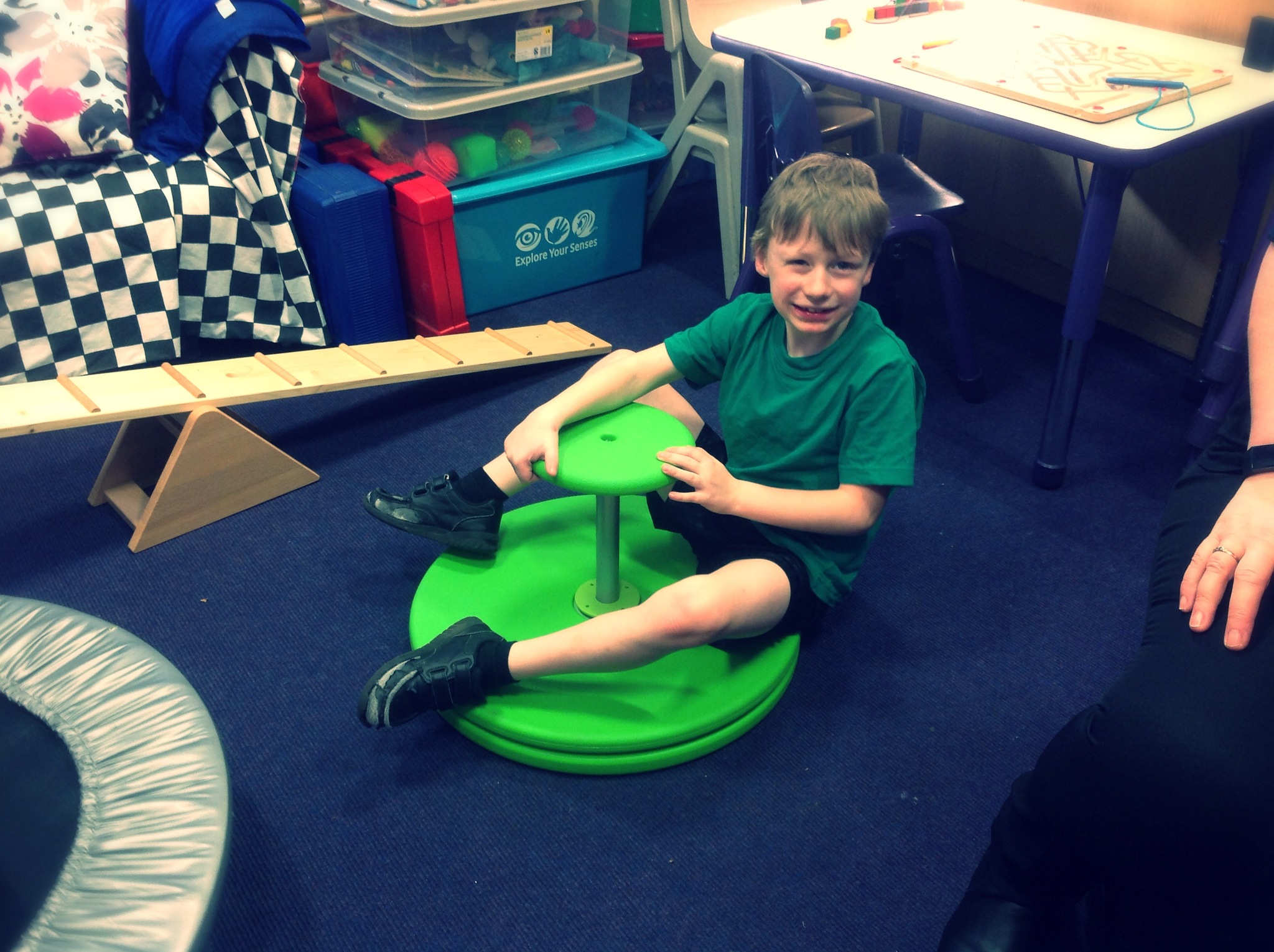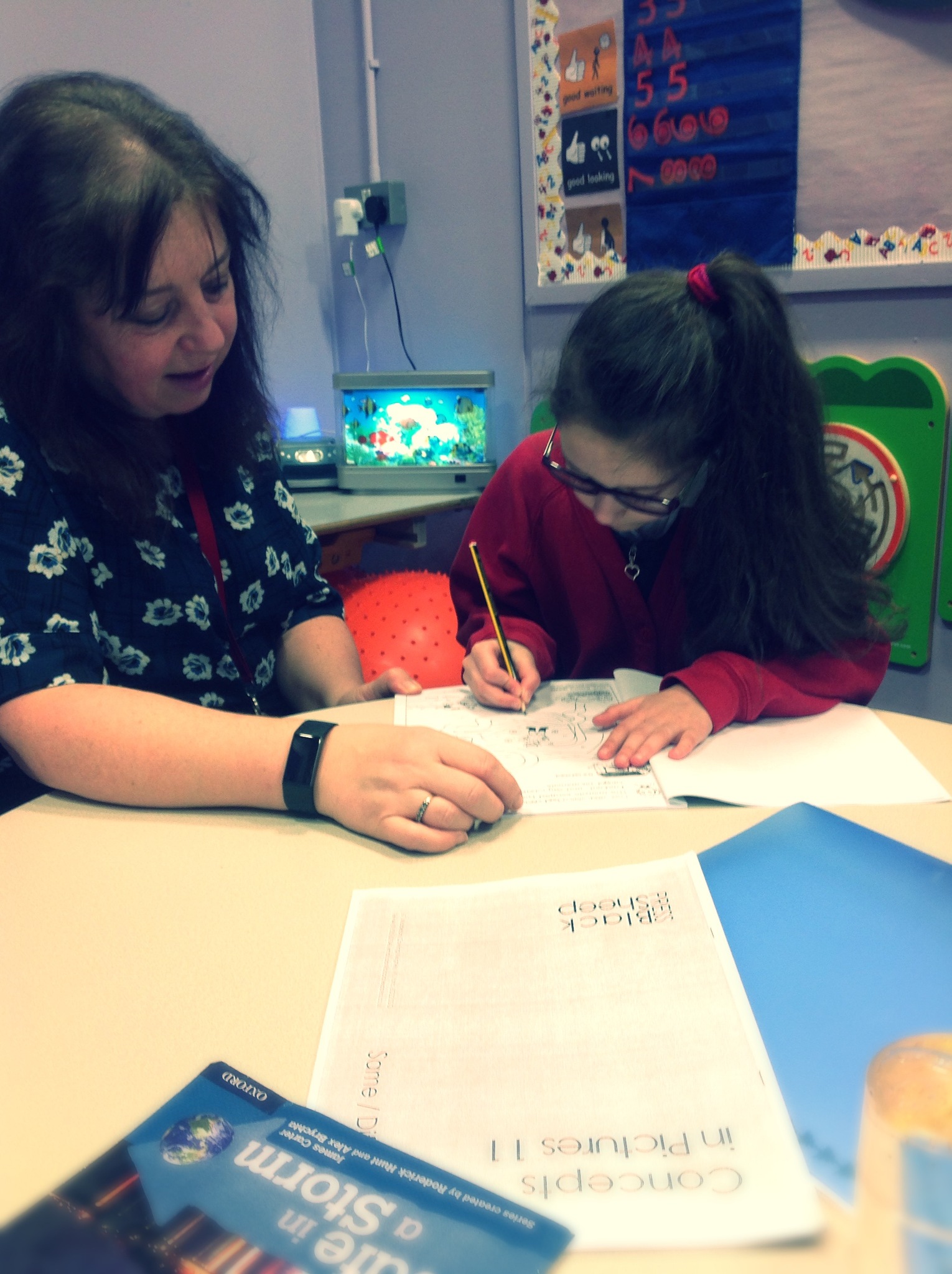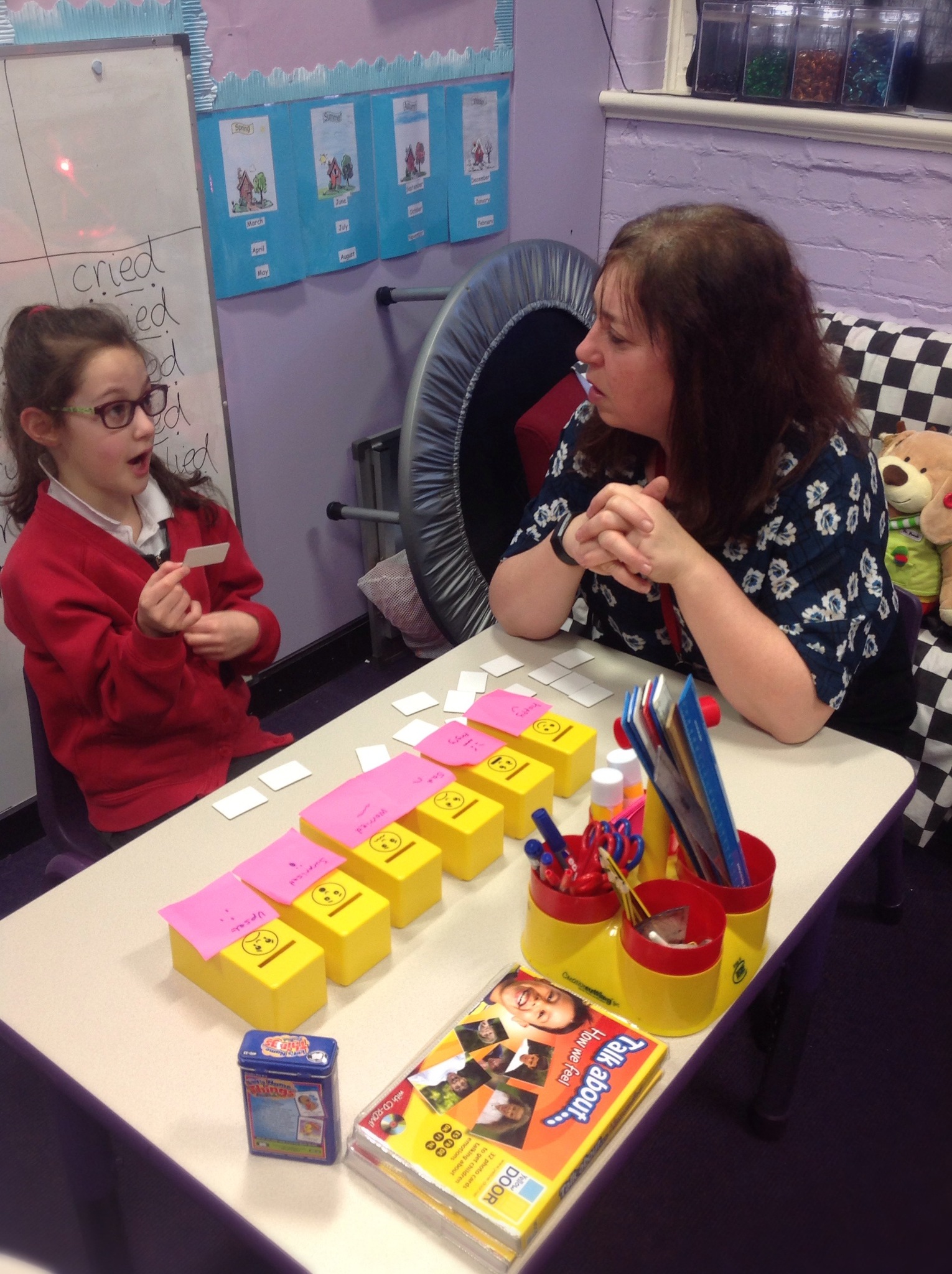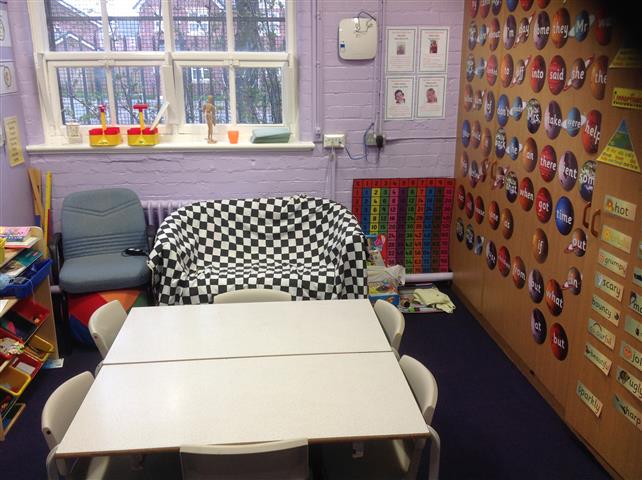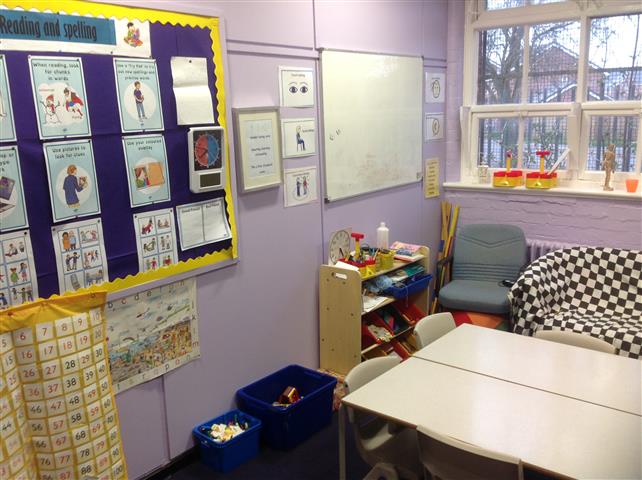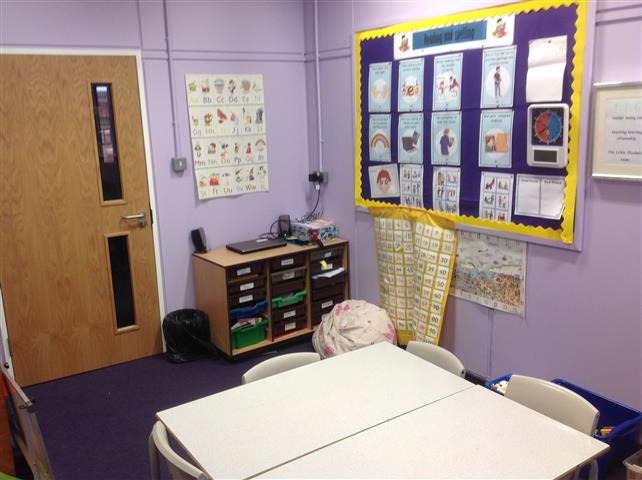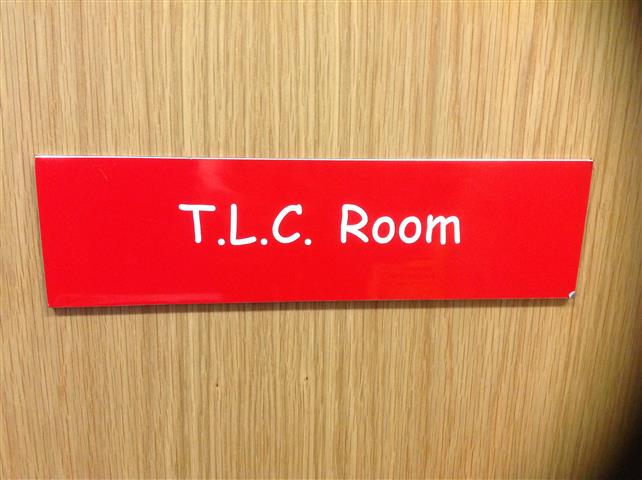SEN & Disability Information
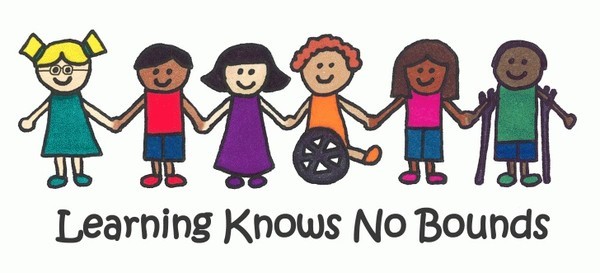
Overview of SEND Support at Duke Street Primary School
The staff and Governors of Duke Street Primary School believe that every pupil in our school has an entitlement to develop to their full potential. To do this, we provide an educational experience that allows children to show achievement and recognise their individuality. All our children are valued equally and so inclusion recognises a child’s right to a broad and balanced curriculum, which is appropriate to their individual needs, talents and abilities.
The term ‘Special Educational Needs’ has a legal definition. Children have special educational needs if he or she has a significantly greater difficulty in learning or has a disability that makes it harder for them to learn than the majority of children the same age. Therefore, all staff are dedicated to ensuring that the needs of all of the children are met by planning and delivering provision, through high quality teaching and setting intervention in place in order for children with SEND to succeed and reach their full potential within our nurturing ethos.
Key Contacts for Children with SEND at Duke Street Primary School
All class teachers and teaching assistants are instrumental to providing support and provision to allow all children, regardless of ability, the opportunity to access the curriculum.
However, there are four key individuals who are key contacts for SEND provision at Duke Street Primary School.
Interventions
We use a range of interventions to support a wide range of needs at Duke Street Primary School. Some interventions which are successfully used are…
- Indirect Dyslexia Learning (IDL) for children with reading and spelling difficulties.
- Nessy Reading and Spelling screening materials to highlight the probability of Dyslexia
- Indirect Dyslexia Learning (IDL) for children with Mathematics difficulties
- Nurture provision for children with social and emotional difficulties.
- Precision teaching to support reading, spelling or maths.
- Power of 2 provision to support mathematical understanding.
- Time to talk provision to support communication and social difficulties
- 10 minute exercise programme to support children with motor skill difficulties.
- Talk boost to support children with speech, language and communication difficulties.
- Early TalkBoost to support children with speech, language and communication difficulties at an earlier stage
- WellComm to support children in KS1 with speech, language and communication difficulties
- Nuffield Early Language Intervention scheme to develop communication and interaction skills in Foundation Stage.
- Social stories/Comic Strip conversations/Social games intervention to support children with social and emotional difficulties.
- Specialised 'Hub' provision to cater for the needs of children with significant difficulties in Foundation Stage and KS1.
- Safe Spaces to allow children somewhere to go to help with self-regulation.
We also have an abundance of games and resources to support children with an unmet need in a fun and inspirational way.
Assessment of Need
In accordance with the Code of Practice (2014), there is a graduated approach set up in order to determine which children have a special educational need and the process which the SENCO, practitioners, parents/carers and outside agencies become involved in.
The graduated response works in a cycle of assess – plan – do – review (More detail of this can be found in the school’s SEN Policy (Section 4). The link for the policy is on the page. There is also a link which shows the pathway which
Duke Street Primary School takes for all assessment of need cases. This was devised by Mr Reay (SENCO) – Please see the link below named ‘Pathway.’
SEND Pathway
Created in August 2015, the annexe now includes the TLC room which stands for ‘The Little Chadwick’ room as well as meaning ‘Tender Loving Care’ room. The annexe is the heart of Duke Street Primary School, as it contains SEN provision in the TLC room as well as the Sunshine Room, which is a nurture room next door. Mrs Birnie works with identified SEND children in the TLC room every afternoon and it is a calming room with resources to develop children’s confidence, resilience, self-esteem and enrichment as they work towards achieving their SMART targets in 1:1 or small group situations. Each morning it is used as a sensory room to enable children across the school to access for sensory feedback and self-regulation.
Communications with Parents & Carers
Parents are encouraged, at Duke Street Primary School, to become fully immersed and involved with the education of their child through participation in open mornings, parent sessions, discussions regarding ILPs and also parents evenings.
However, the school operates and ‘Open Door’ policy and this encourages parents to discuss any concerns with class teachers, identified teaching assistants, SENCO or members of the senior leadership team at any point before or after school or via appointment.
Parents/carers are encouraged to complete feedback forms on the end of year school report. They also receive annual SEND provision feedback forms, in order to retrieve the parents/carers opinions and views on the support which has been offered to their child with special educational needs and disability.
FIND Lancashire Parents and Carers information Page
Please see the links below which signpost you as parents/carers to children with Special Educational Needs and Disabilities. It will give you information of events and courses in your area as well as signposting you to relevant information and support networks. It will also have termly FIND newsletters for you to access:
Ofsted
Here is what Ofsted say about SEND and Acorn class provision…
Acorn Class - (NEW SEND 'hub' for 2021/22 - Set up and funded by the school)

Welcome to Acorn Class
Welcome to Acorn class! We are very excited to introduce this brand new 'hub' class to support and empower children with particular and significant needs. This class currently caters for children with these needs across FS and KS1.
Acorn Class will still cater for the needs of complex needs children who are experiencing significant delays or difficulties and who are in receipt of an EHCP or along the pathway for an EHCP. The desire is to equip and support the children with the skills and tools needed to make progress with carefully planned for tasks and a timetable which is incorporating sessions to support needs such as Speech and Language, fine motor skills, sensory circuits, sensory breaks, social skills support and basic number and literacy skills to help the child to make progress and succeed. The key areas of need incorporated within the hub will be ASD, Speech and Language difficulties and Developmental Delay. The desired outcome for this provision would be to help develop the whole child and make progress against personal targets and, with some children the goal will be to have supported the child to close gaps and be able to access the curriculum within a mainstream class with appropriate inclusive resources, support and interventions.
We will be also 'buddying' up with a KS1 class to complete tasks such as Art and DT tasks, reading, playtimes and other projects to enable the children to maintain friendships and relationships with other members of the school community and to also have positive role models of speech, language, communication and social interaction.
Our Learning Styles:
Within the hub, the children will constantly be referred to a ‘We are …’ statement throughout all areas of learning. This is to create a positive ethos to support and develop the children’s resilience and determination. These will be our learning styles and will be displayed in areas and on display boards.
Key areas of learning styles are;
- We are communicators
- We are team players
- We are problem solvers
- We are explorers through play
- We are thinkers
- We are active learners.
We also have subject specific ‘We are …’ statements to fully encompass and support our positive ethos. These include;
- We are Writers
- We are Readers
- We are Mathematicians
- We are Scientists
- We are Artists
- We are Designers
- We are Musicians
- We are Cultural
- We are Historians
- We are Geographers
- We are environmentalists (for Forest School)
- We are Athletes
Is this an inclusive approach?
This model is not designed to exclude children from being with peers nor is it to exclude them from the school community. The hub model is there to provide some further support for children who are experiencing significant delays and will find it an increasing challenge to access learning within their year group. The children will be in receipt of regular external agency involvement from bought-in services such as Acorn Psychology or Independent Speech and Language Therapist to help support the children to make progress. The idea is to put in this intensive support to help the children to progress and equip them with the skills to become emotionally intelligent, resilient and autonomous learners. The children’s progress will be reviewed regularly and at the end of the academic year, a decision will be made with regards to the child’s provision. Transitions will be well planned and thought out and, if a child is to return to mainstream class for the next academic year, there will be plenty of transitional opportunities. The children will be given experiences based on their strengths and areas of further development. They will be appropriately challenged and children will, when the time is appropriate, be challenged to access learning within a FS/KS1 class i.e. for Maths session, English session, Guided Reading or topic lesson to further stretch their ability to access more formalised learning and have other children within their year group modelling how to be a good learner and also modelling speech and language.
Intention
Our Hub will aim to provide support and High Quality planning to meet certain intentions;
- Transform the lives of children to enable them to achieve their full potential through innovation in the curriculum, inclusion and effective partnership working with families and other key agencies in the field of SEN and disability.
- Develop the whole child through a personalised and child centred approach to learning delivered through a fun and active, broad and balanced curriculum incorporating a range of different teaching approaches and learning opportunities to enable progression.
- Provide an exciting, interesting, stimulating and appropriate high quality education that respects each individual child’s aspirations, educational and behavioural needs, their rate of learning and preferred methods or strategies.
- Develop communication skills for a variety of purposes thus enabling our children to have a voice in all aspects of their life.
- Develop a healthy lifestyle for all by enabling our children to learn how to understand and apply the basic principles of health, hygiene and staying safe.
- Develop each child’s physical skills to their maximum potential including flexibility, posture or movement through a range of methods including Physical Education and Occupational Therapy advice and strategies to promote improved physicality.
- Promote high expectations of appropriate behaviour and for children to become responsible for their actions and decisions.
- Be a community where every child is a valued member and instil a sense of pride and self-respect by building a climate of high expectations, where all achievements and successes are celebrated and barriers to learning removed or addressed.
- Develop self-knowledge, self-esteem and self-confidence so our children are able to feel secure, happy, cheerful and emotionally content.
- Prepare our children for a successful transition to the next stage of their life through the use of meeting outcomes from the ‘Preparation for Adulthood’ guidance.
- Promote the social inclusion of all children and prepare them for the opportunities, and experiences of adult life, as is pertinent to the circumstances of each child and young adult with SEN and disabilities, helping them gain access to lifelong learning.
Promote an inclusive school community which will foster attitudes of mutual respect and appreciation of the feelings and understanding of others’, so that our children become caring, confident and responsible individuals both within school and the wider community.
Implementation
For our intent to be realised, the hub model strives to implement and provide:
- A broad and relevant, child centred and individualised curriculum which promotes learning and independence.
- A happy, safe, secure, caring and stimulating environment that promotes learning.
- A rich and varied range of learning activities, resources and experiences.
- Innovative teaching and investigative approaches to learning.
- A child centred ethos that puts the children and their families at the heart of everything we do.
- An ethos of support, challenge and encouragement.
- Close learning partnerships between school, home, local services (including health and social care) and the wider community in the promotion of high standards of learning.
- Dedicated and passionate staff who strive to consistently build on and improve all that we do.
An ethos of positivity and growth mindset – encouraging and inspiring the children to be the best they can be.
Intended Impact
As the children will have a qualified teacher, the children will have National Curriculum objectives delivered to them but the approach will be carefully planned for. The children will have many enriching activities and will access multi-sensory learning opportunities and will also be given ‘show rather than tell’ approaches to help them to develop their knowledge and understanding and also to improve vocabulary. The topics will be in line with FS/KS1 topics but delivered in an approach which will stimulate and support understanding. The children will be in receipt of all National Curriculum lessons expected for KS1. PIVATs assessments will be used to support judgements and to help shape tasks which will be given to children. There will also be use of PSED PIVATs alongside the ‘Autism Education Trust’ to look at enabling a safe and stimulating environment allowing all children to thrive and make progress. For the FS learners, they will also work alongside new target areas from the EYFS framework (updated 2021). There will also be use of the CLPE documents to support with Reading and Writing outcomes. Where some children may excel and be on a National Curriculum level for a particular subject area, then they will be challenged and provided for on that. This may then lead into some ‘link lessons’ where the child may visit a class to participate in that learning to support full exposure for that subject area. Children will also have access to targeted learning time following specific target area on ILPs and given from external agencies. As previously mentioned, we will also look at regular support sessions such as SAL interventions, precision teaching, Motor skill development sessions, sensory sessions and social skills sessions incorporated into the weekly timetable to support progress within the area. This will also be documented within their individual files through the evaluation of learning plans, provision mapping and also through WOW work examples.
- There will be frequent reviews of the children’s personal targets, outlining progress and key areas for further support.
- Joint target setting with agencies, staff and parents to agree on next steps termly.
- Frequent assessment (as mentioned above), book scrutinies and observations of children will outline progress being made.
- Review of intervention data from interventions such as Precision teaching, TalkBoost screening, agency advice and other key interventions.
